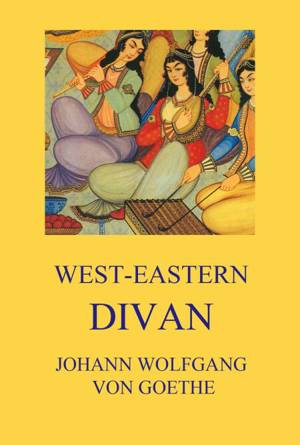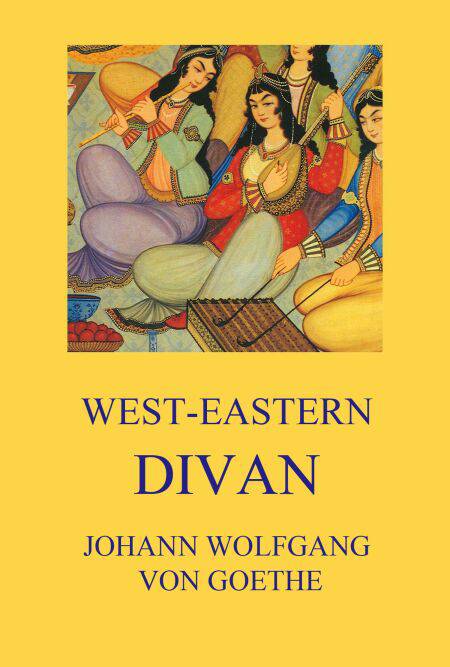
- Afhalen na 1 uur in een winkel met voorraad
- Gratis thuislevering in België vanaf € 30
- Ruim aanbod met 7 miljoen producten
- Afhalen na 1 uur in een winkel met voorraad
- Gratis thuislevering in België vanaf € 30
- Ruim aanbod met 7 miljoen producten
Zoeken
Omschrijving
This volume stands for the huge task of Dowden's middle life—the translation of Goethe's 'West-Eastern Divan.' This is a poem, as Mrs. Dowden observes in the foreword, that is known to few English readers. It is the fruit of Goethe's Indian Summer, the last word of his cheerful and composed philosophy of life. It was written between 1814 and 1819 and was inspired not only by Goethe's correspondence with Marianne von Willemer, but also by the von Hammer's translation of Hafez' poems. Speaking of translations, Mr. Dowden's translation is overwhelmingly good. No man is so hard to translate as Goethe, and certainly no English writer has succeeded with him better — if as well — than Prof. Dowden. The best test is that many of the lines seem as inevitable as they do in the original; for instance, "that haunting felicity, always. Impossible doth seem the rose, and Inconceivable the nightingale." On the whole, the contemplation of Prof. Dowden's work leaves a certain sadness in the mind of the reader. Dowden always wanted to dedicate himself to poetry, but the necessities of life Intervened, as they so often do, and he had to choose another master. He says in a letter, "One of my afflictions is a theory that I could do my best work in verse, and the circumstance that every year my lectures lead me to accumulating a quantity of material that is pleasant property for my outer mind, but is positive injury to the soul within the soul."
Specificaties
Betrokkenen
- Auteur(s):
- Vertaler(s):
- Uitgeverij:
Inhoud
- Aantal bladzijden:
- 288
- Taal:
- Engels
Eigenschappen
- Productcode (EAN):
- 9783849658700
- Verschijningsdatum:
- 13/09/2020
- Uitvoering:
- E-book
- Beveiligd met:
- Digital watermarking
- Formaat:
- ePub

Alleen bij Standaard Boekhandel
+ 6 punten op je klantenkaart van Standaard Boekhandel
Beoordelingen
We publiceren alleen reviews die voldoen aan de voorwaarden voor reviews. Bekijk onze voorwaarden voor reviews.







